The Finance Act 2020 includes a range of policies and reforms with the objective of boosting economic growth and improving tax administration. Section 80M was introduced to help corporates reduce their tax and compliance burdens under the Income Tax Act, 1961.
Applicability of Section 80M
Section 80M is applicable to domestic companies that have declared a dividend and are also receiving a dividend from another domestic company. These companies receive dividend and declare dividend at the same time. A deduction is allowed for dividends received if they are distributed as dividends one month before the filing date. This section is applicable to dividends distributed on or after April 1, 2020. (AY 2021-22 onwards).
To understand the topic better, let’s understand the meaning of Inter-Corporate Dividend
What are Inter-Corporate Dividends?
Inter-corporate dividends are a type of dividend paid between companies. Inter-corporate dividends occur when a firm receives a dividend as a result of its ownership of shares in another company.
Purpose of Reintroducing Section 80M
Law Before Section 80M
Section 80M existed in a different form in the previous income tax law. However, it was repealed when the concept of dividend distribution tax (DDT) was introduced into the income tax law through the Finance Act 2003.
DDT was introduced to make it easier to collect tax at a single point, namely in the hands of the company declaring the dividend. Earlier it was difficult to track the dividend income after its distribution to shareholders due to the technology infrastructure. As a result, dividend tax was levied at the time of distribution and made exempt in the hands of shareholders.
Furthermore, holding companies received a deduction for dividend distribution tax liability to the extent of dividends received from subsidiary companies because the subsidiary companies already paid DDT on the same dividend. As a result, only holding-subsidiary companies were subject to double taxation on dividend income.
Law After Re-introduction of Section 80M
This section was introduced as part of a series of changes aimed at shifting the incidence of taxation from the payer to the recipient of dividend income. Because current technology infrastructure allows for the tracking of dividend income, DDT provisions have outlived their usefulness. Furthermore, the scope of the dividend income deduction has been expanded to include all domestic companies. Earlier the applicability was limited to a holding-subsidiary relationship, reducing the possibility of dividend income being taxed twice.
Learn: Section 80P
Quantum of Tax Deduction
Domestic companies are eligible for the following mentioned deductions:-
- Amount of dividend received from domestic corporations; or,
- Amount of dividend distributed one month prior to the due date of filing income tax return,
-whichever is less;
The incidence of taxation on dividend income has shifted from the payer to the recipient.
Dividend income is no longer subject to double taxation. DDT was levied at a flat rate based on the concept of grossing up, with no regard for marginal tax rates. Dividend income will now be taxed at the marginal tax rates.
How To Calculate Deduction Under Section 80M?
The amount of dividend received from another domestic company, foreign company, business trust or dividend distributed by the domestic company, whichever is less, would be deducted under this section.
Let’s consider an example for better understanding: X Ltd., a domestic company received a dividend of Rs. 10 lakhs from ‘Y Ltd’, another domestic company. Y Ltd. is a 100% subsidiary of X Ltd. During the previous year 2021-22 this transaction took place. On 15th May 2022, X Ltd. declared and distributed a dividend of Rs. 5 lakhs.
In this case, X Ltd. would be eligible for deduction under section 80M in respect of dividend received from Y Ltd. to the extent of Rs. 5 lakhs. This is the amount of dividend declared and distributed by X Ltd. Hence, the deduction under section 80M would be Rs. 5 lakhs.
explore our article on Section 80EEB











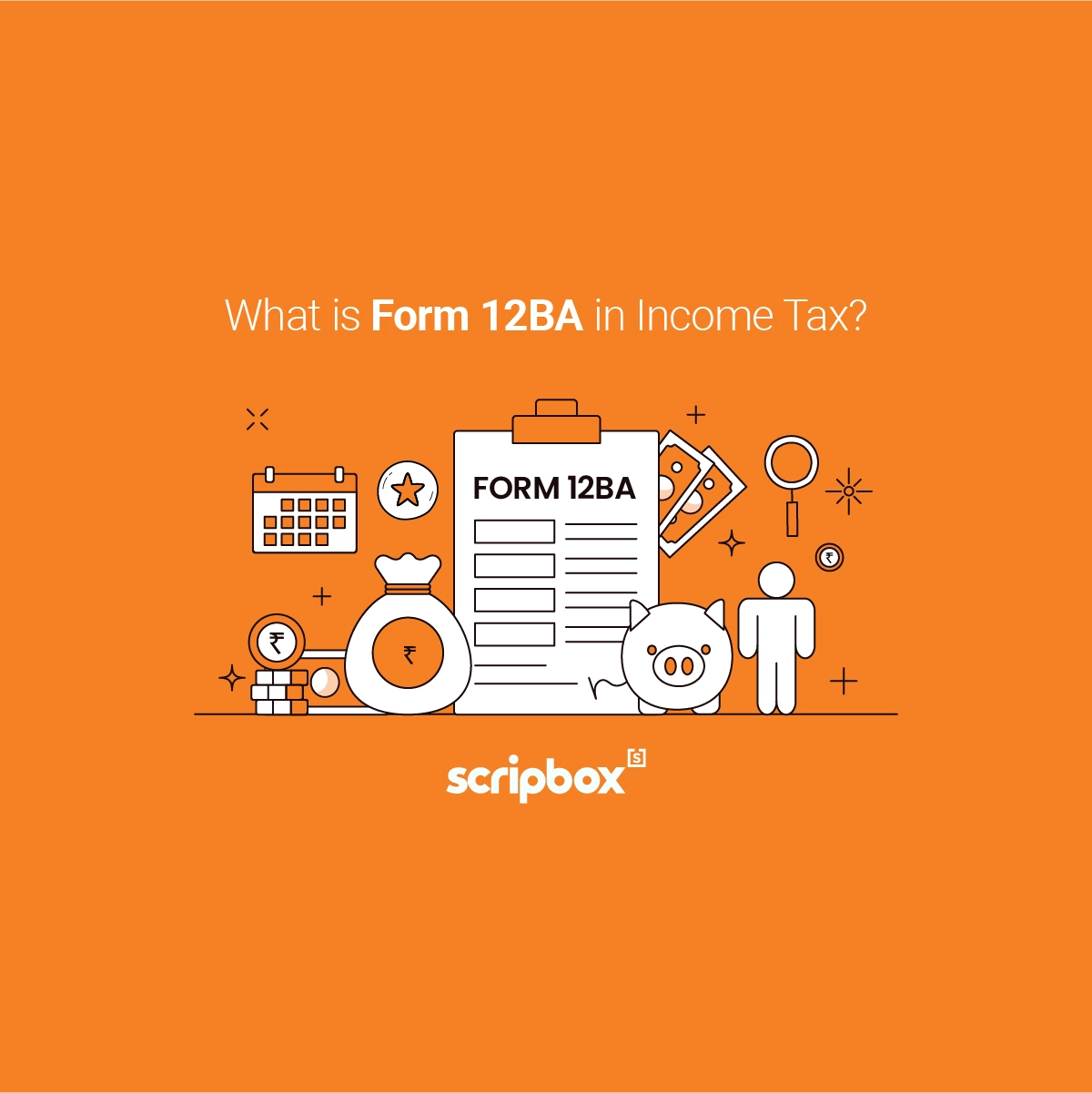
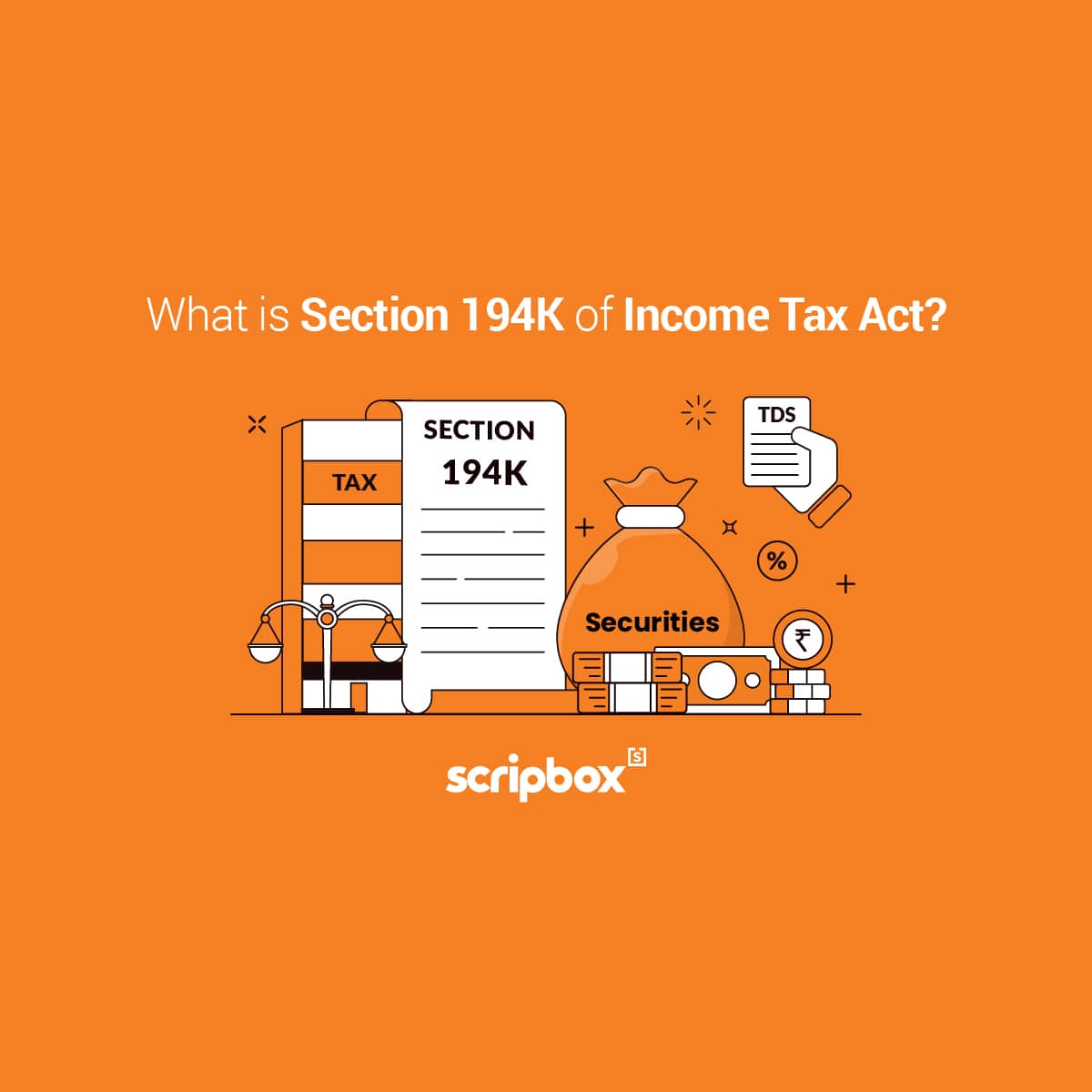
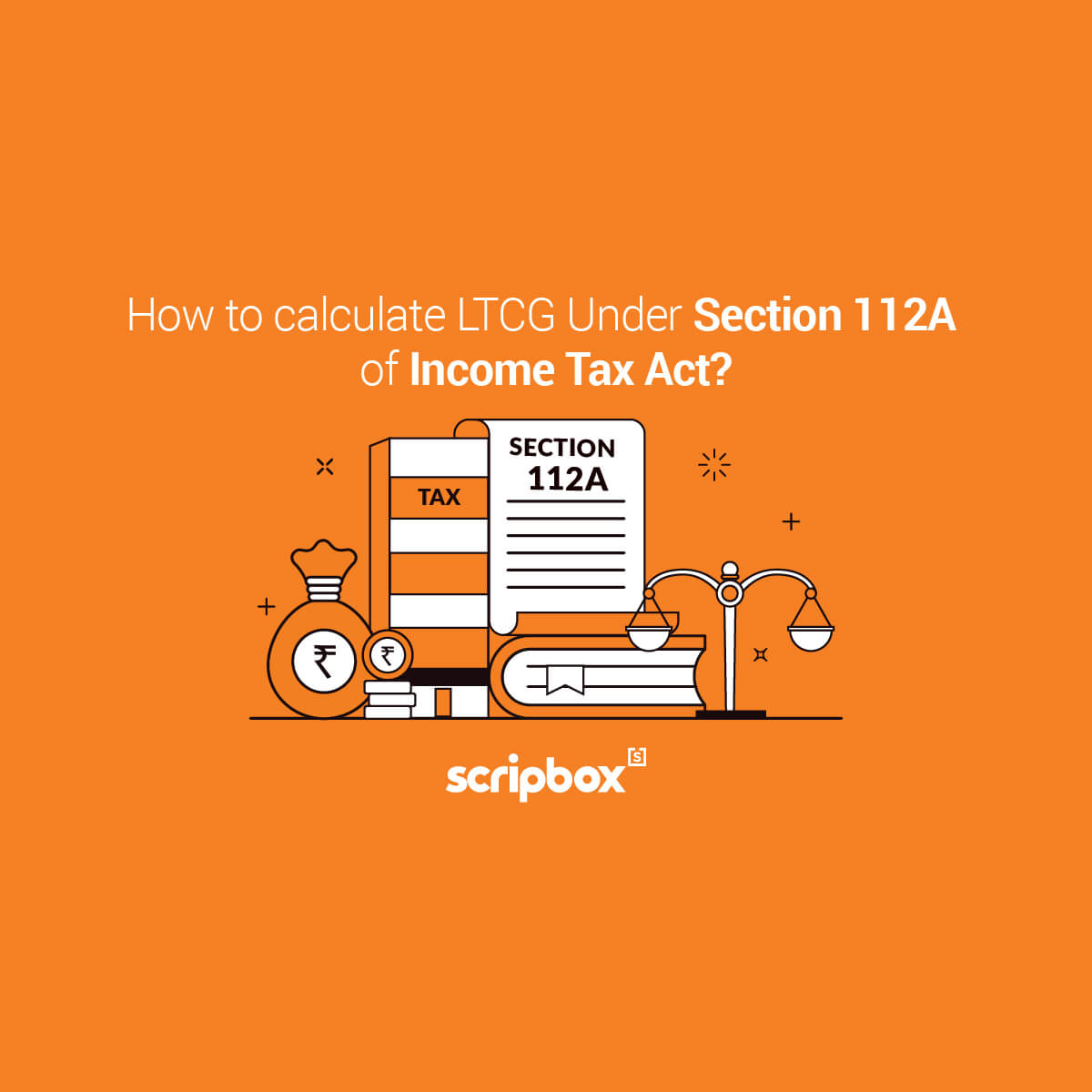
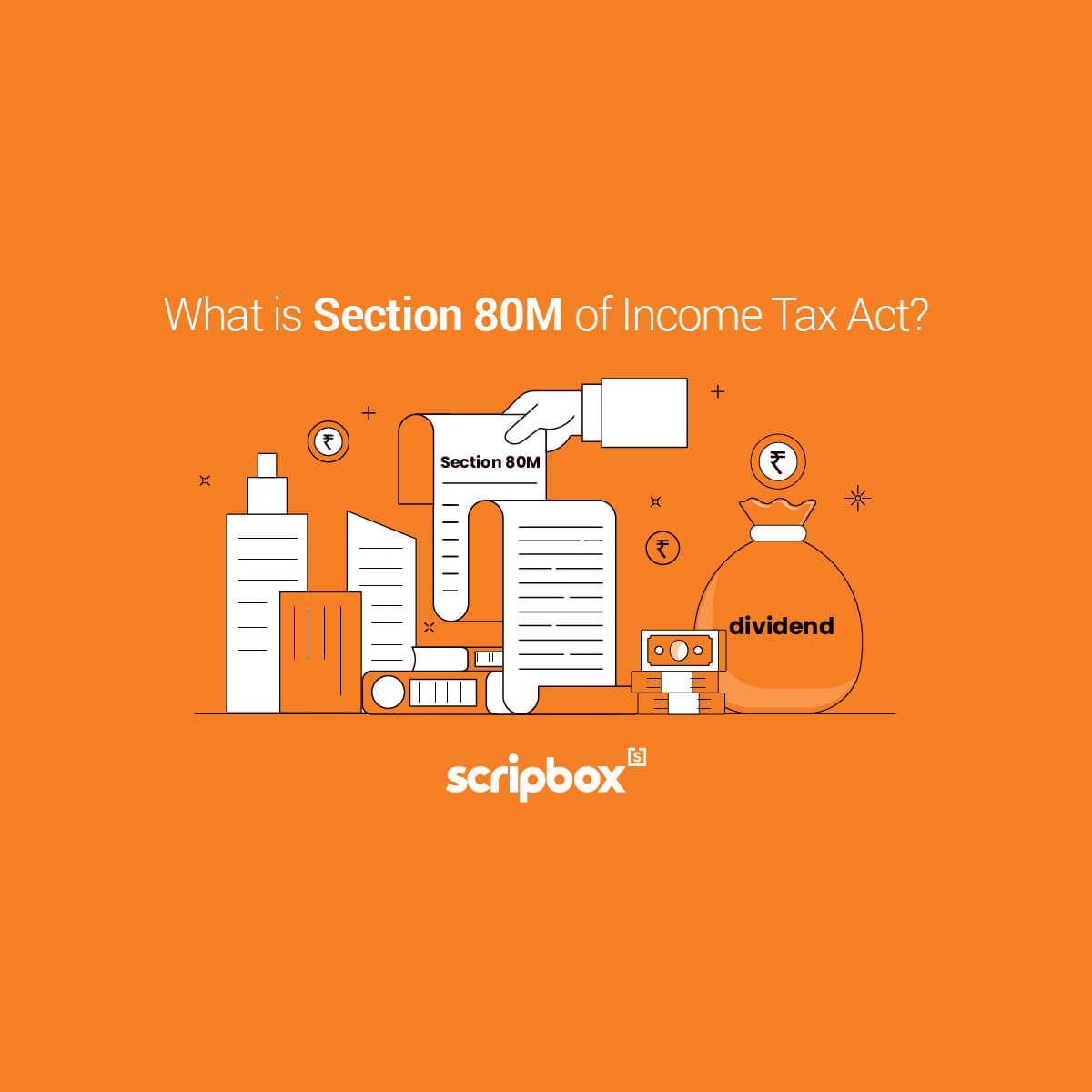
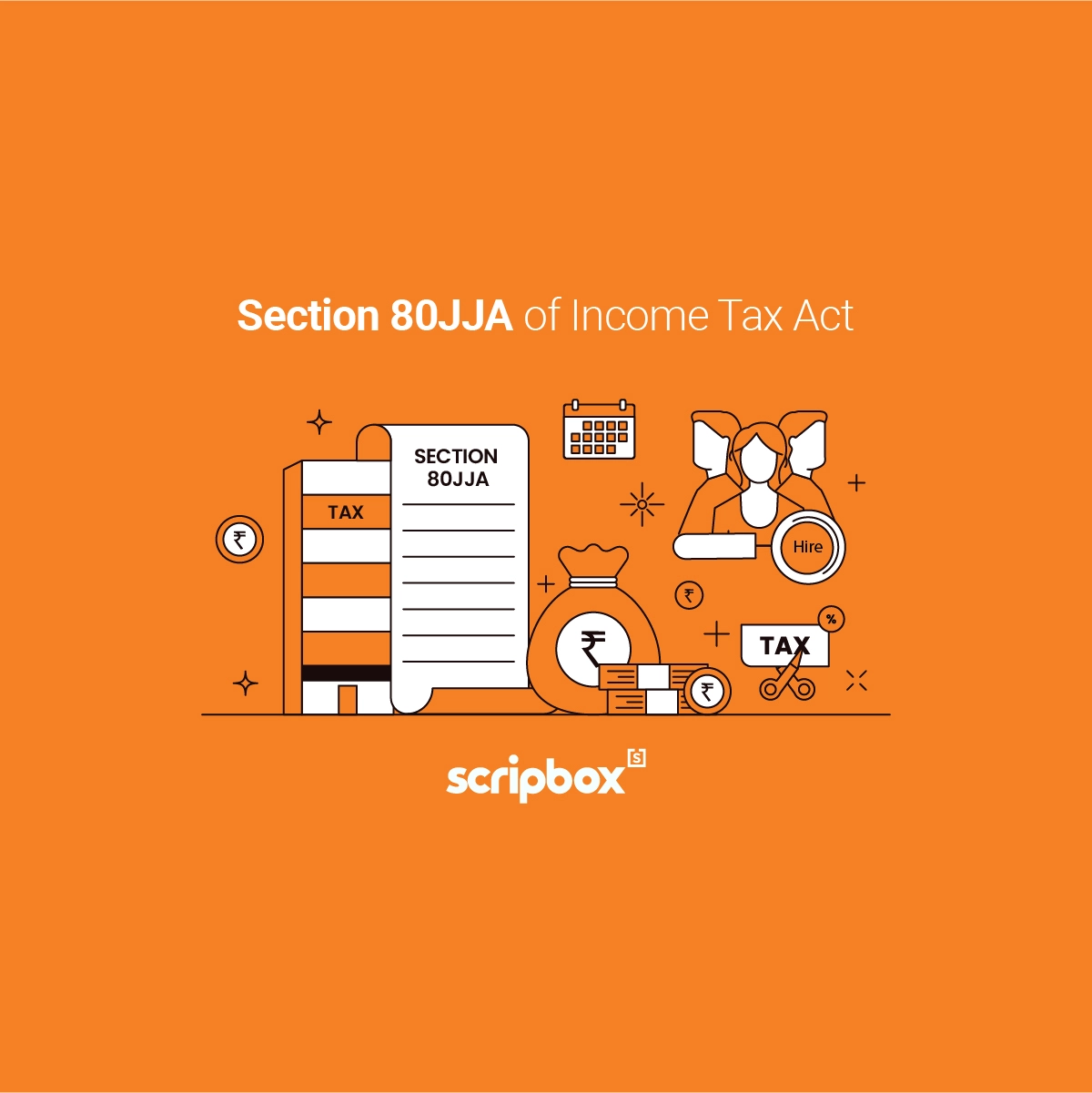
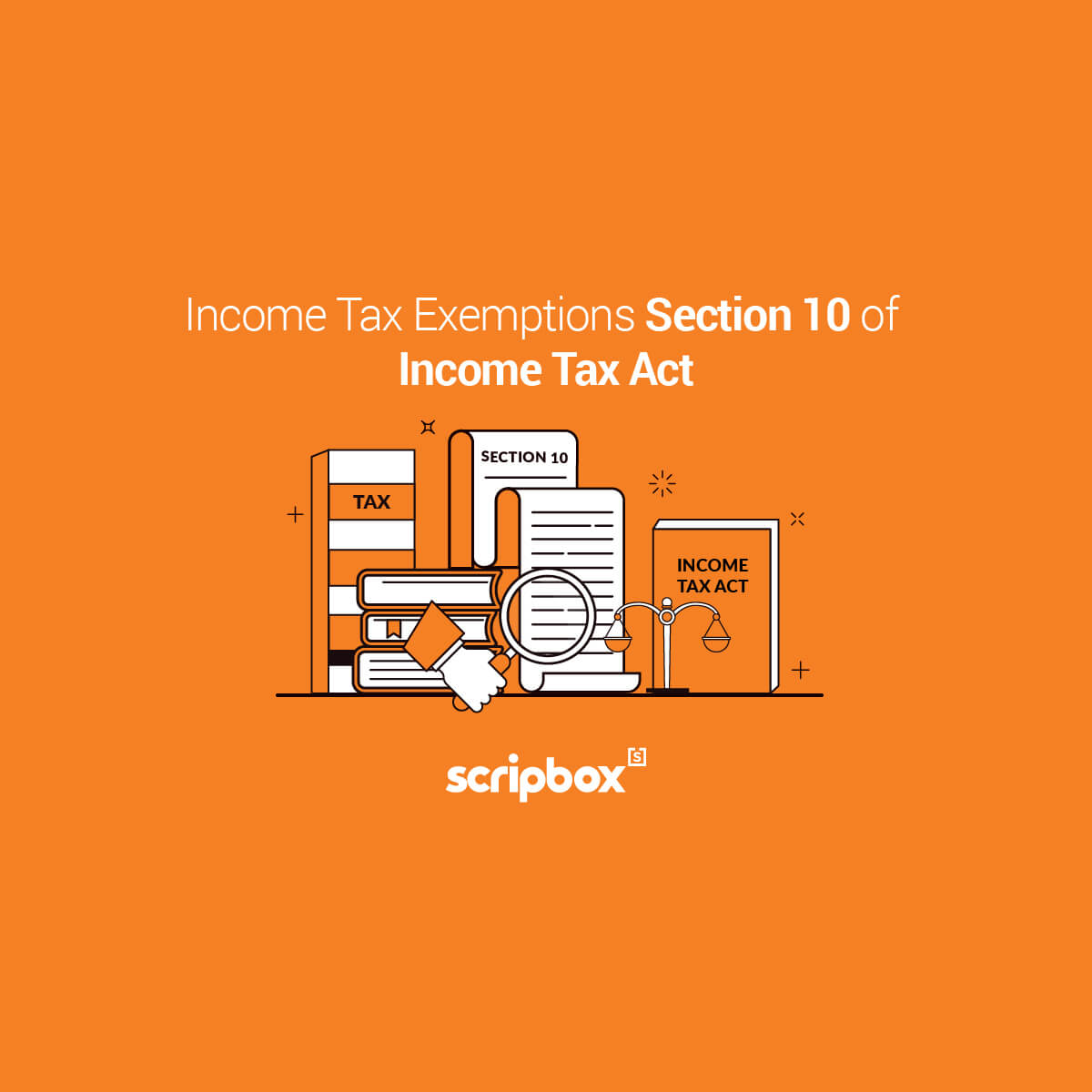






Show comments